In February, Lusine Abrahamyan, an assistant professor at the University of Toronto, was contacted by ResearchGate. Her name was listed on a 2016 paper in a heart journal, the site told her — was Abrahamyan indeed a co-author?
Um, no, she was not. In fact, before that moment, she didn’t know such a paper existed.
It turns out, Abrahamyan had supervised the thesis of the first author — who, she soon learned, had also published an identical paper in another heart journal. Both have since been retracted.
How did this happen?
International Cardiovascular Forum Journal editor Andrew Coats told us more about the actions of first author Joshua Chadwick Jayaraj: Continue reading Busted: Researcher used fake contact info for co-authors


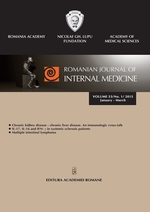 A researcher in Greece has issued extensive — what we sometimes call “
A researcher in Greece has issued extensive — what we sometimes call “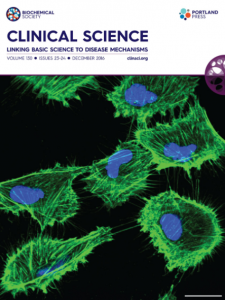
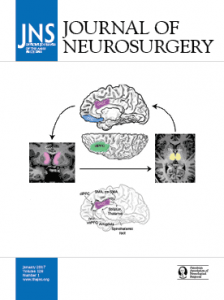
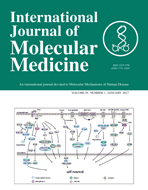
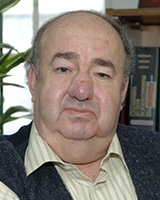
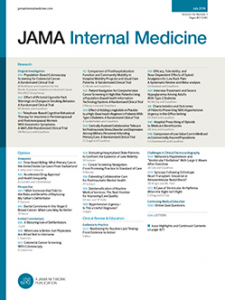
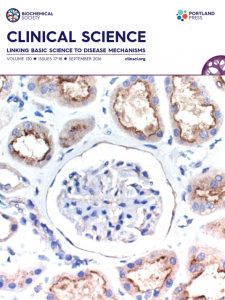
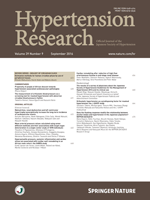 A second paper about a major randomized trial in Japanese patients with heart disease is being retracted, after an investigation reportedly found multiple problems with the paper.
A second paper about a major randomized trial in Japanese patients with heart disease is being retracted, after an investigation reportedly found multiple problems with the paper.